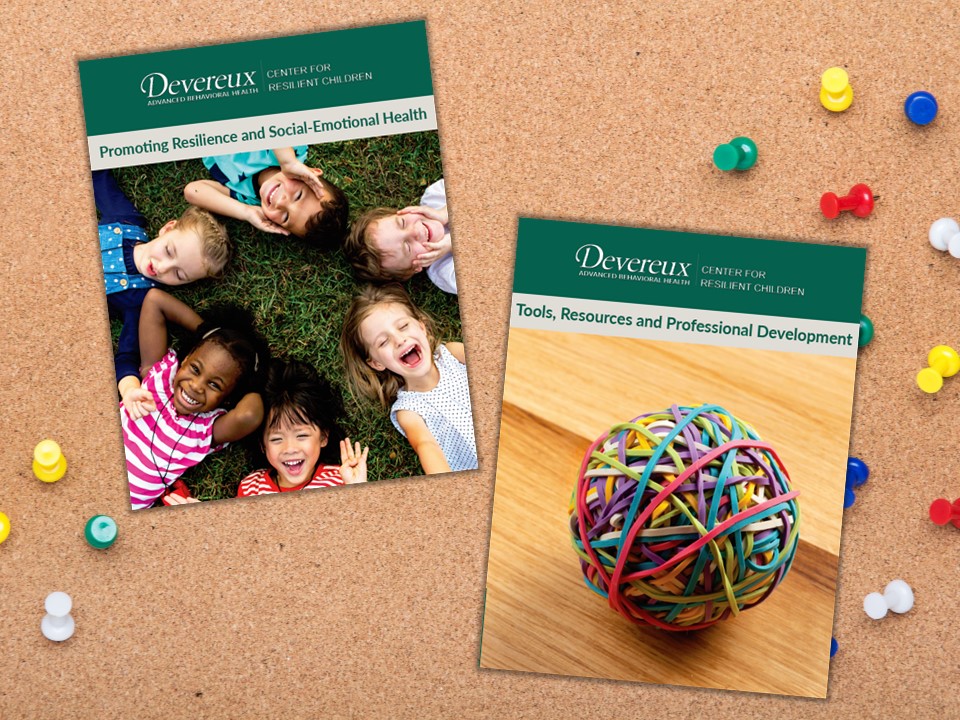The Resilience Quarterly (TRQ)
Fall 2019
Table of Contents
What's the Latest
Customer Spotlight
Another 20th Anniversary Gift
Customized Professional Development
Resilient Leadership vs. Staff Burnout
What’s the latest?
DCRC Brochures
Video: Who is DCRC?
A video, too? That’s right! We want to make sure all understand DCRC and exactly what our work aims to do. This short video provides a high-level overview of DCRC’s mission, how we are working to accomplish that mission, as well as our impact thus far. Give it a watch!
Mindfulness Activities
Mindfulness is the act of paying attention to the present moment in an accepting, nonjudgmental way (Schultz, Ryan, Niemiec, Legate, & Williams, 2015). It is a simple practice available to all. Research has shown it is also a reliable method for reducing stress, including at work (Malinowski, & Lim, 2015).
Check out some recent mindfulness activities our team has completed at our staff meetings, found by our own Nefertiti Poyner!
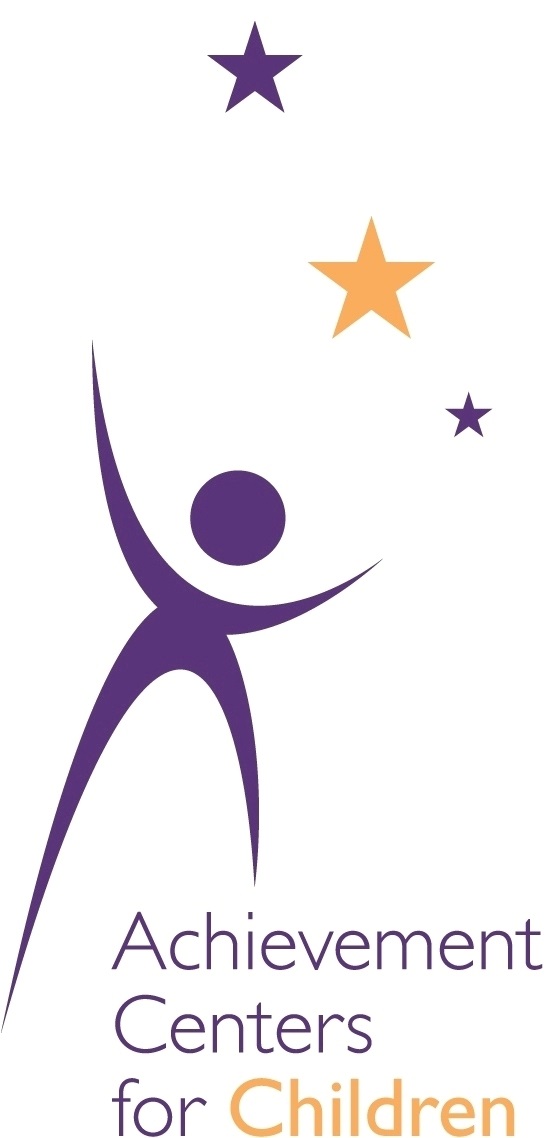
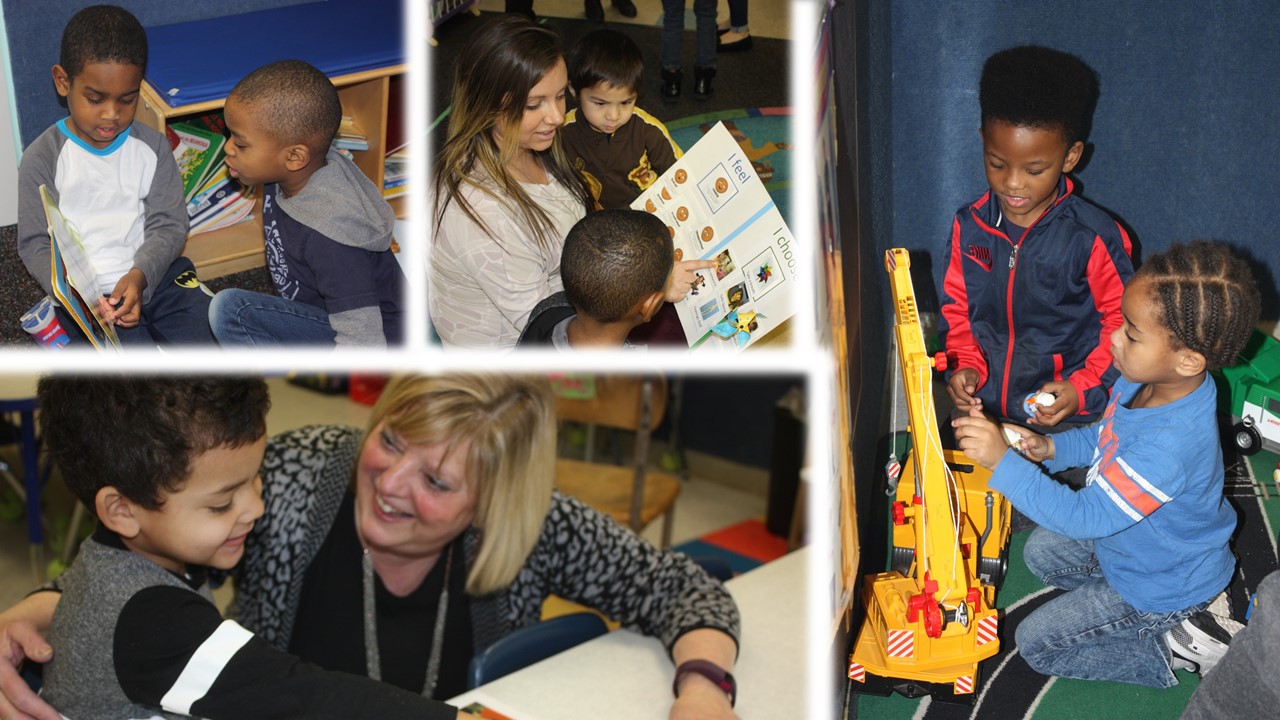
Customer Spotlight
A growing social and emotional learning program:
A Q&A with the Achievement Centers for Children
DCRC: Who is the Achievement Centers for Children (ACC)?
ACC: The Achievement Centers is one of Northeast Ohio’s most effective agencies serving the needs of children and adults with disabilities and their families. Since 1940, we’ve been helping children with disabilities enjoy a head start on life and realize their full potential. ACC’s mission is to enable and empower children and adults, with their families, to achieve their greatest potential.
DCRC: Why are social and emotional learning (SEL) and resilience important to ACC?
ACC: The Achievement Centers is widely recognized as a regional leader in early childhood education and services, and as such, prevention and early intervention programming is a critical component of our work with families and providers. Through our Social Emotional Learning program, we have successfully addressed the needs of young children by providing evidence-based interventions and supports aimed at (1) preventing behavioral challenges and (2) developing resiliency skills. Our hope is that SEL and resilience-building activities will help to provide young children with and build their protective factors that will outweigh the risk factors they may experience throughout their lifetime.
DCRC: How did you find out about the Devereux Center for Resilient Children (DCRC) and the Devereux Early Childhood Assessment (DECA) Program?
ACC: When we started the program, we did research on resilience. And ever since we discovered DCRC, the DECA Program has proven to be the perfect tool to measure outcomes in our SEL program.
DCRC: How did you get started with implementing your SEL program? What do you do to keep it running successfully?
ACC: Our program developed a comprehensive curriculum that integrates three, well-respected social-emotional resources designed for preschool-age children:
- The Devereux Early Childhood Assessment (DECA) Preschool Program
- The Center on Social and Emotional Foundations for Early Learning (CSEFEL) model
- Conscious Discipline curriculum
Our SEL program is a two-year program offered to school districts and early care and education programs. During that time, we provide onsite consultation, collaborate with teachers on a regular basis and partner with families – all to ensure that we can support children in developing their skills and inner dialogue to effectively navigate the social environment.
DCRC: Did you experience skepticism from staff? How long did it take them to come around, and how were they convinced?
ACC: Initially, yes. Some believe that preschool children should only be taught academic skills. Those same folks are hesitant to buy into SEL and generally require observable results in order to win their confidence. But as young children build their protective factors and learn to manage their own behaviors, the benefits of SEL become obvious to the adults caring for them. Some staff get onboard pretty quickly, while for others, it can take an entire school year. Our SEL consultant provides trainings on the DECA Program and schedules time to discuss SEL and resilience with school staff. The visible results and the guidance/support available truly helps to put everyone on the same page. One of our teachers shared her thoughts: “From weekly visits to one-on-one meetings with the consultant, I was able to gain a better understanding of the DECA Program, and found its resources to be beneficial to the classroom as a whole.”
DCRC: How do you introduce the DECA Program to parents/families, and how do you engage them in SEL activities?
ACC: At the start of each school year, we send home a letter introducing or re-introducing our SEL program and the DECA Program. Then, throughout the year, we work with our partner schools to create parent engagement events. We also provide tools, resources and training to parents, so that they can continue their children’s social-emotional learning at home.
DCRC: What kind of impact has the DECA Program had on the children, staff and families?
ACC: Staff and families have reported that the DECA Program has had a positive impact on their lives, and the lives of the children. With the support of the DECA Program, there is less time spent on classroom behavior and conflict management, which allows for more academic instruction time. Teachers and parents are more prepared to work collaboratively to alter and significantly improve children’s trajectory of social-emotional development, preparing them for future success.
You can learn more about the Achievement Centers for Children at www.achievementcenters.org.
Another 20th Anniversary Gift for YOU
Yep, you guessed it! There are still lots of things going on for our 20th Anniversary of the DECA Program, and here’s one now!
If you’re familiar with us, then you’re familiar with one of our favorite analogies … the pitchers and the cups. Children are the cups and the adults in their lives are the pitchers, pouring resilience and social-emotional health each and every day.
Well, we’ve put together this little visual, as a gift to you! Feel free to print out a copy and post it on your wall. And if you do, we encourage you to send us a photo of it posted! Just send it along to Rudee Abello, DCRC Marketing Specialist, at [email protected]. We’d love to see it in use!
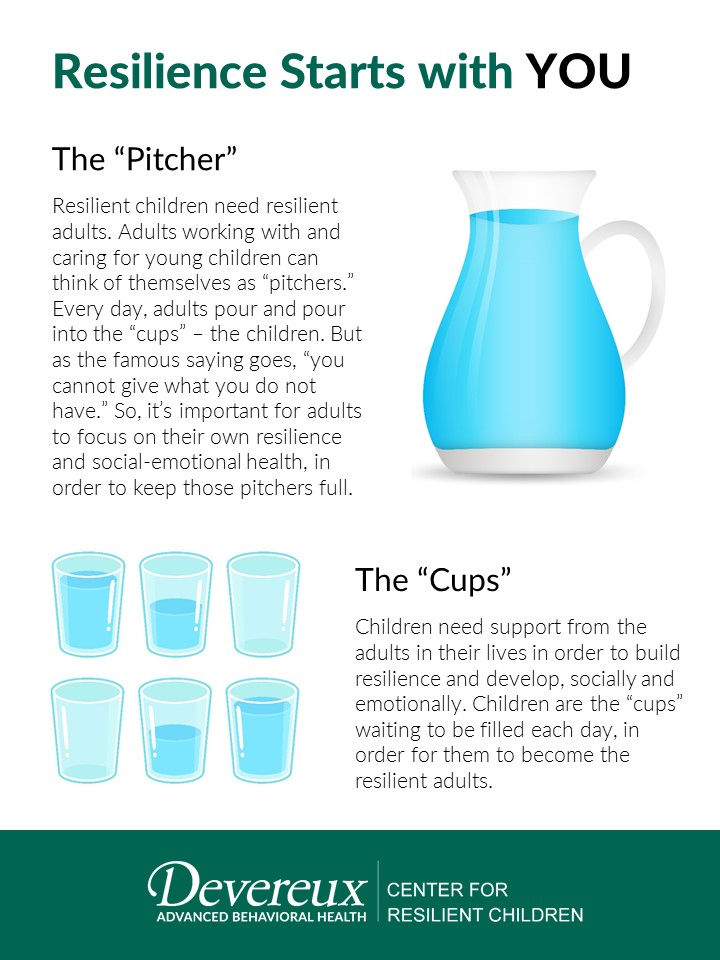
Professional Development, Customized for Your Team/Organization
DCRC has built a strong reputation for providing dynamic, motivational, high-quality professional development services to programs and communities across the U.S. and internationally. Comprised of an expert team of professionals, our trainers can provide training and technical support on the Devereux Early Childhood Assessment (DECA) Program for Infants, Toddlers and/or Preschoolers, or deliver sessions on our other resources – such as FLIP IT! or Building Your Bounce – and critical topics related to the social and emotional health and resilience of children and the adults who care for them.
Attend one of our national events, bring a DCRC trainer to your program,
or catch us at a conference and even have us at yours! Choose from our large collection of topics, both resource- and age group-specific. We also offer a variety
of digital professional development options where you can learn on your own, from the comfort of your home or office! Contact us and our expert team will help you find the right professional development experience for you, your team, or your organization.
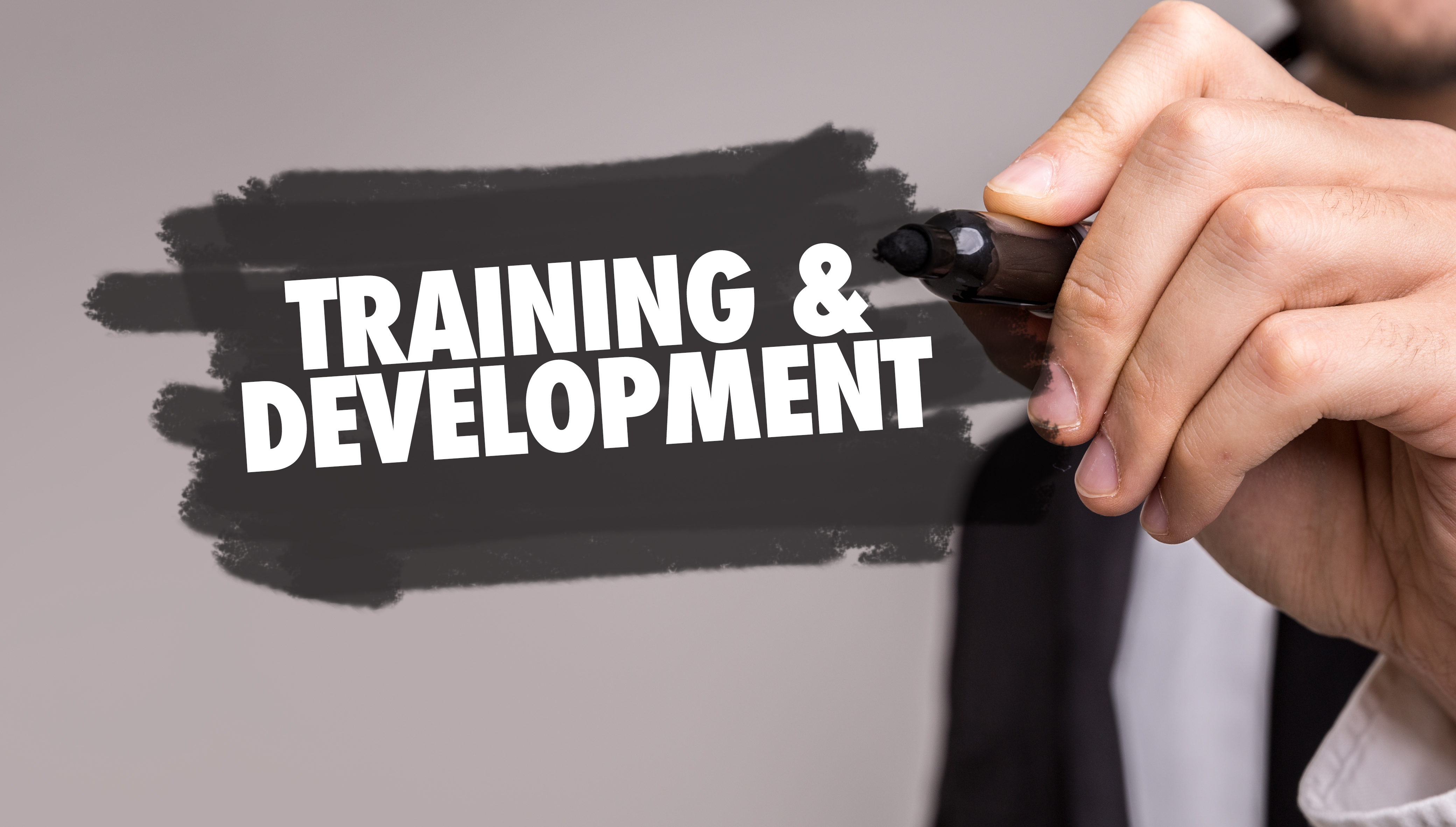
Resilient Leadership to Resilient Teams
January-March 2020
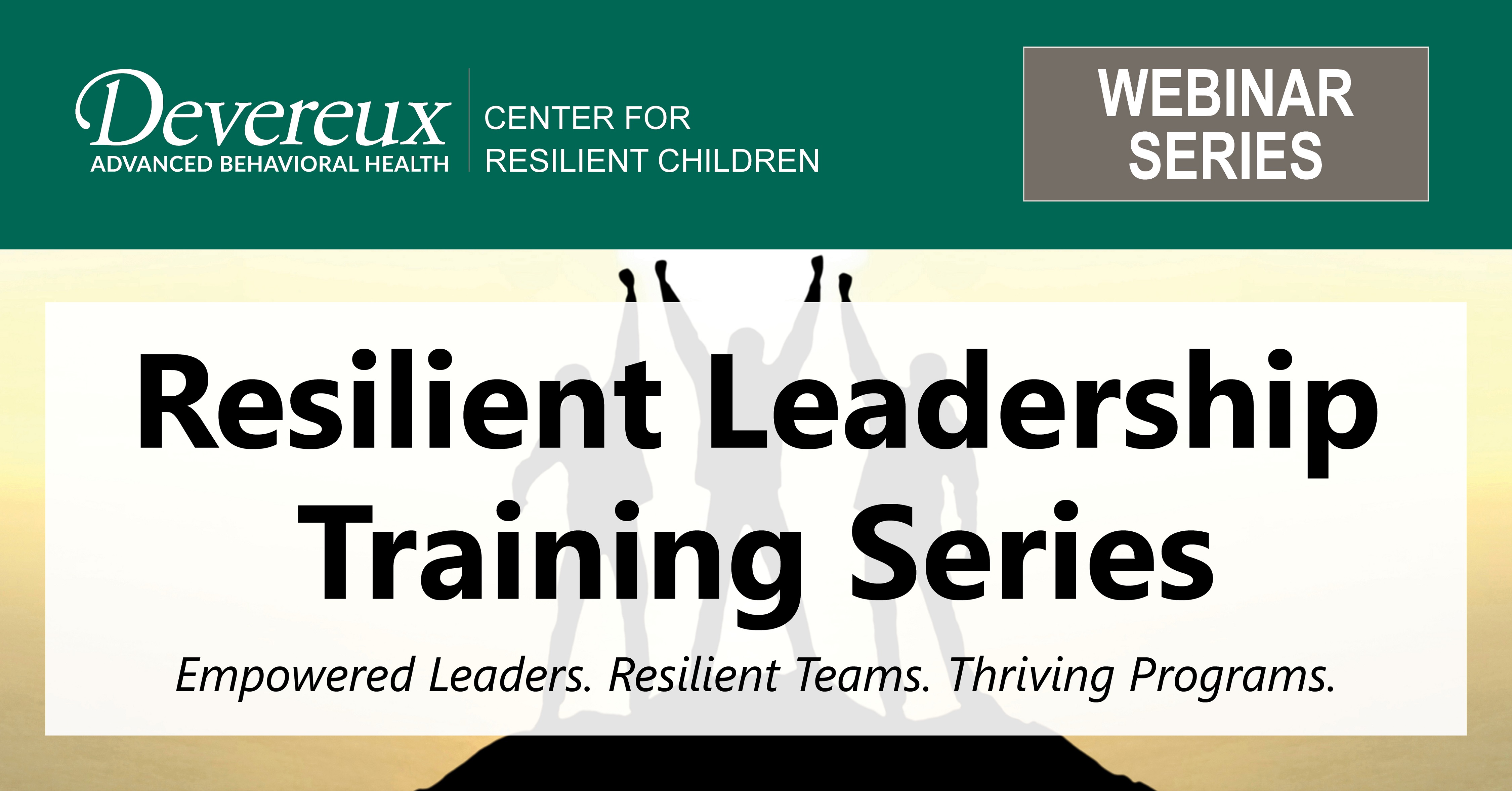
Burnout is real. And in the field of early care and education, that burnout can stem from compassion fatigue and secondary stress. So, what can be done to battle burnout?
Well, a recent experiment highlighted in the Harvard Business Review, shares that teamwork can be the answer (https://hbr.org/2019/09/what-happens-when-teams-fight-burnout-together). This experiment saw team members holding each other accountable for sticking to their “Resilience Plan.” Additionally, it found that scheduling group coaching sessions – a time to discuss both successes and setbacks – helped team members feel supported. Significant shifts in behavior were also observed.
Our Resilient Leadership Training Series aims to provide current and potential leaders with the skills and abilities to create a culture of resilience in their teams. This innovative experience will offer participants an opportunity to engage with an online learning community of fellow leaders, as well as an opportunity to take time on their own in between sessions to pause, reflect and focus on the resilient leadership topics presented.


